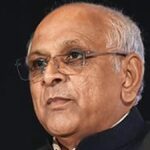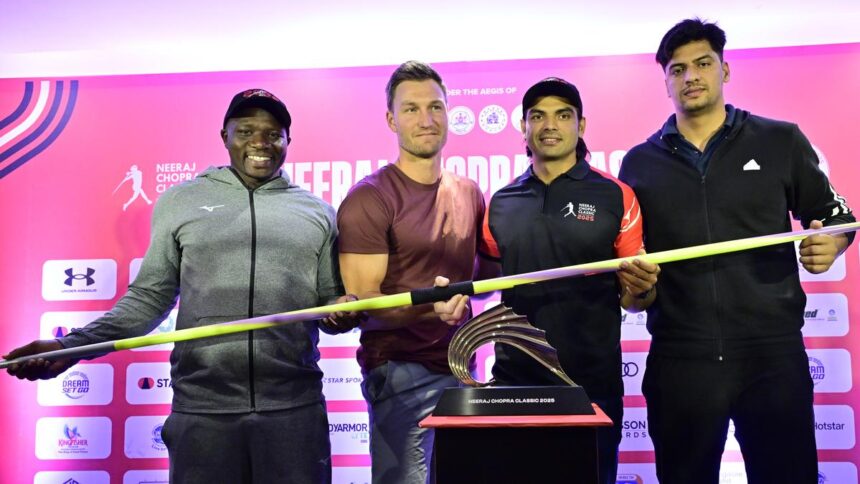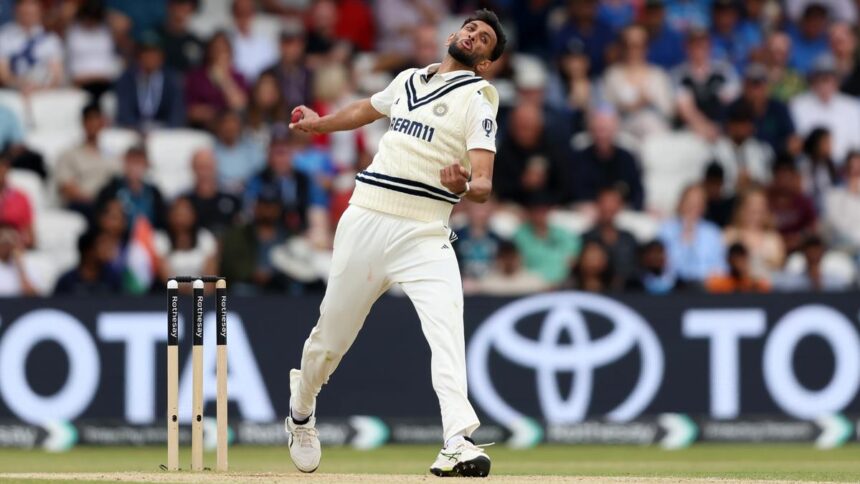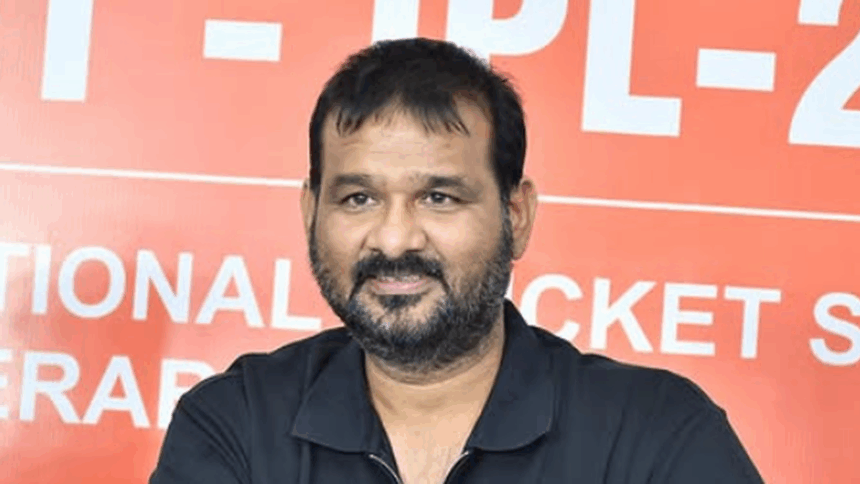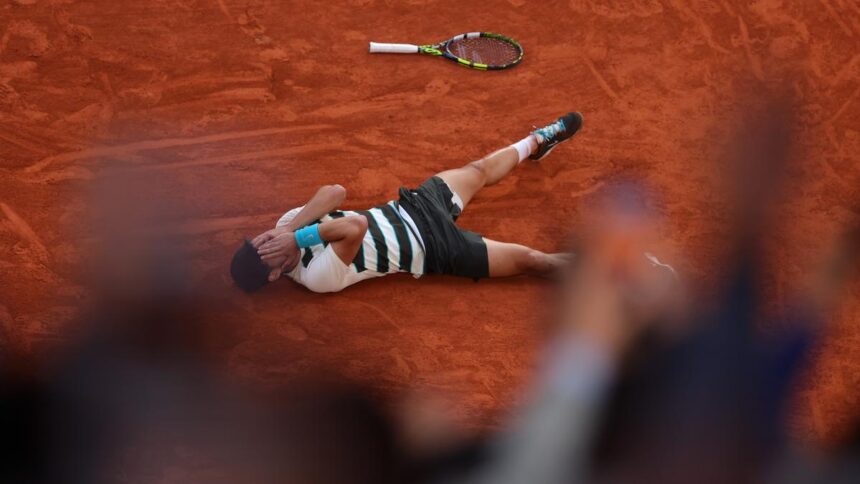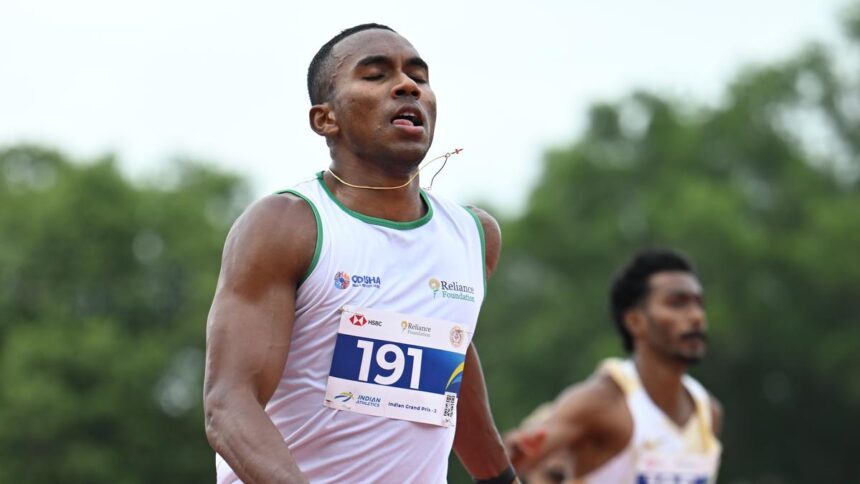The story so far: “Preparing for 2036 Summer Olympics, it is imperative that the sports governance landscape undergoes a positive transformation to bring better outcomes,” reads the aims of the National Sports Governance Bill, 2025. The Bill, which has been tabled in the Lok Sabha by Union Sports Minister Mansukh Mandaviya is likely to be taken for debate next week.
The Bill has been heralded by some sports federations as ‘visionary, transformative and furthering sports in India’, but several others remain skeptic.

BCCI remains non-committal
India’s top cricketing body — Board of Cricket Control in India (BCCI), has opposed any efforts to be dragged under the ambit of Right to Information (RTI), citing it does not depend on government funding for its functioning.
When asked about its stance on the Bill, BCCI General Secretary Devajit Saikia told The Hindu, “Currently, it is too premature to comment on the Bill as it is going to be debated by MPs in Parliament. The BCCI will take a call once a final draft is passed by the Parliament”.
Federations differ on government interference
In October last year, Indian Olympic Association (IOA) President P.T. Usha had first raised concerns over the Bill citing government infringing on the IOA’s independence. She had stated that the National Sports Board – which will have powers to recognise federations, may “lead to a conflict between the government and international sports governance bodies, particularly the IOC, which has previously suspended many National Olympic committees for excessive governmental interference”.
Ms. Usha found herself in a dilemma recently after the IOA’s executive committee members had refused to ratify Mr. Raghuram Iyer’s appointment as Chief Executive Officer, seeking to bring of motion of no confidence against Ms. Usha. Upon prodding from the Sports Ministry, the members ceded and Mr. Iyer’s appointment was ratified.
Disagreeing with IOA’s stance, Hockey India Secretary-General Bhola Nath Singh, while speaking to The Hindu, says, “If there were any such provisions which enhance government interference into sports, the international Olympic Committee would not approve this Bill. This legislation follows international norms.” Terming the Bill as helpful for promoting sports, he asserts, “All federations were consulted thrice while the Bill was being drafted.”
He also downplays any concerns over former poll officials conducting sports bodies’ elections. “If my federation is run properly and you seek welfare of your sportspersons, it would not matter if EC is involved in federation’s elections,” he opines.
‘The bill is anti-sports, anti-India’: Rahul Mehra
The biggest pushback from the Bill is from sports Activist and senior advocate Rahul Mehra. His public interest litigation filed in 2010 against the IOA for non-compliance to the National Sports Development Code of India, 2011 (Sports Code), resulted in the landmark verdict by the Delhi High Court in 2022. The HC had made compliance with the sports code non-negotiable and failure will result in derecognition of the sports body.
“This Bill gives Centre de facto and maybe direct control of all federations and the entire sports domain of India. Apart from the Chairman, members of the National Sports Board are going to be senior bureaucrats, people from the ministry and Sports Authority of India. This is like how the Election Commissioner is appointed by the Prime Minister and his nominee, leaving the Leader of Opposition powerless,” Mr. Mehra tells to The Hindu.
The Delhi HC verdict had mandated appointment of 25% sportspersons in such federations, paving way for Dilip Tirkey to become the first international player to head a national body — Hockey India. However, Mr. Bhola Nath Singh’s tenure as Vice-President Hockey India was cut down as the court did not allow a former President to have voting rights in the executive committee.
“Earlier, the government used to appoint an MLA or a sportsperson via the 25% quota in these federations to exercise indirect control. This Bill stamps that idea of control, legally,” explains Mr. Mehra.
When asked if the Bill infringes on sports autonomy, Mr. Mehra says, “If a court appoints an administrator when a federation is deep-rooted in corruption, conflicts and nepotism, these federations file affidavits saying they will be suspended and derecognized by the international bodies. We saw the Sports Ministry citing these in cases of Football and Wrestling federations recently. However, this same government has now made infringement a law.
He also decries the relaxation of age barrier for members by the Bill. “As per the Sports Code, age of every elected member in all these bodies across the board, whether be President, Secretary, Treasurer, any elected office bearer, be the executive Committee member cannot exceed 70 years. This Bill imposes this age limit only for the top three — President, Secretary and Treasurer and also relaxes this to 75 years, but in actual it is perpetuity. In one section, it says that if the member happens to be in the office of an international body, he can apply for exemption and that will be granted to him.”
He adds, “The Sports Code mandated members to retire after 12 years of tenure. He cannot transfer to another sports body. But this Bill gives 12 years maximum and then a four-year cooling off then another 12 years and so on. Why do you want the same people to keep, stay put in power? Once these politicians and bureaucrats man these bodies, they want those to be there for perpetuity. Whether BJP is in power or not.”
He also points out that while the Sports Code only allowed a government servant to serve one four-year term, this Bill is silent on it. “So that means the government servant can ask multiple can stand for election multiple times,” he says.
A new National Sports Tribunal which will adjudicate disputes between federations and players is also not well-intentioned, says Mr. Mehra.
“Earlier, citizens like me could go to court and challenge the government and the federation. Under new provisions of the Bill, barring anybody other than an aggrieved person cannot challenge its decisions. They have taken away the jurisdiction of the High Court by transfering all pending cases to the Tribunal. With this they have decided to undo these contempts of court and petitions where they have absolutely no answers in the court,” says Mr. Mehra.
However, he adds that he is not against the Tribunal as such. “However, the intention behind bringing the tribunal is not quick, speedy, efficacious remedy to sportspersons and to people involved in sports. Disputes are usually between a sportsperson and a sports adminstrator with deep pockets. It’s a mismatched fight. The longer you prolong, the more the fatigue and disenchantment amongst the players and they give up. Now in order to improve the system, you’re bringing your tribunal. But you have no time limit to the tribunal deciding a particular time,” he notes.
“Every single step should have a specific time bound period. So a case when it comes should be decided within 30 days. Appeals should be decided within another 30 days. Then if someone wants, they can take it to the Supreme Court. In 60-90 days, your entire litigation is over,” Mr. Mehra says.
The only two aspects of the Bill he agrees with is the constitution of a National Sports Election panel and the government taking a final call on participation of sportspersons in international events where matters of national security, public order and safety are involved.
He cedes, “As a purist, I would say sports and politics should never be mixed. But you can’t divorce it from the will of the people. However, by putting something like this in writing, you are inviting trouble. Certain things you just leave unsaid.”
In contrast, Mr. Singh says, “For any citizen, the government is responsible for safety. What is wrong if it decides on stopping players from travelling to such [dangerous] locations? We have seen how well security preparations are in Pakistan. India is prepared to welcome all Pakistani players with VISA because government is responsible for their safety.”




